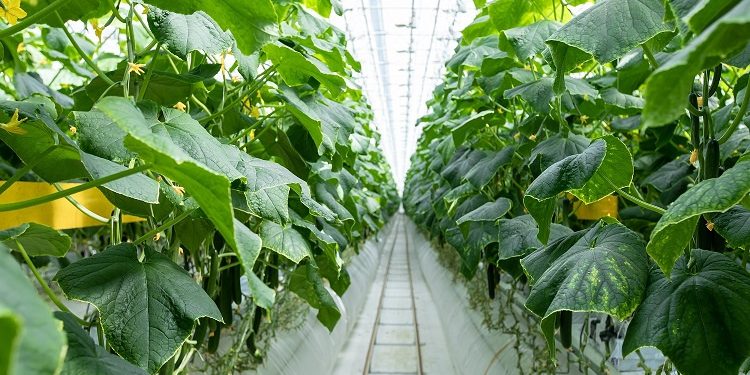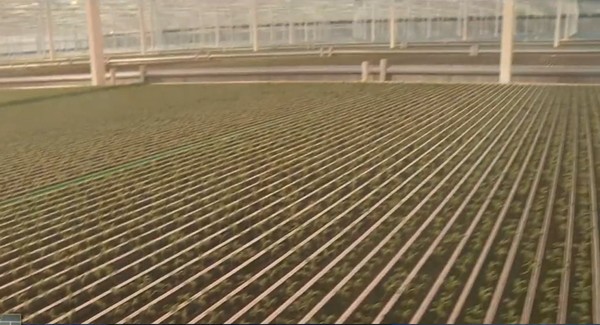The volume of consumption of mineral wool substrates for greenhouses in Russia in 2022 amounted to 3.2 billion rubles. This is 28% more than last year, when the market was estimated at 2.5 billion rubles. At the same time, farmers are experiencing interruptions in import supplies and are actively switching to domestic products.
One of the main trends in the segment of mineral wool substrates is the reorientation of greenhouse facilities that previously worked on imported materials to domestic ones. This is due to interruptions in supplies, the complication and rise in the cost of logistics of foreign products. In general, the share of domestic substrates used today reaches 90-92%.
Consumption of Russian substrates from mineral wool is growing due to seedling cubes, a significant part of which was previously supplied from Europe. In addition, there is an active transition of tomato producers who used imported coconut mats to domestic mineral wool materials.
According to Vasily Tkachev, Head of Mineral Isolation at TechnoNIKOL, there is an active growth of interest in domestic mineral wool substrates from greenhouses. “If until March 2022 the share of imports of cubes from Europe was from 7 to 10% of the total volume of the mineral substrate market, today it is rapidly declining due to supply halts, logistics problems and an unpredictable increase in delivery times. For the same reason, agricultural holdings refuse to import coconut mats from abroad. In some cases, delays reach 5 months, which is completely unacceptable for farmers – if they do not have time to plant and grow crops for the high season, they lose profits. Greenhouse growers need consistently high yields to remain profitable. Therefore, the best way out for them is to switch to purchases from domestic companies,” he said.
In such a situation, Russian enterprises can hardly cope with the increase in orders and work at maximum load. The opening of new lines for the production of mineral wool substrates, scheduled for 2023, will help alleviate the situation. According to TechnoNIKOL experts, this will increase the supply of mineral wool substrates by 20% next year.
For example, in June, Zavod Techno in the Rostov region will launch a line for the production of seedling cubes, vegetative mats and plugs for seedlings from stone wool under the Speland brand. Its capacity will be 160 thousand cubic meters. m of finished products per year. It will be able to meet the needs of greenhouses in the Southern and North Caucasian Federal Districts. The equipment for the new line has already been delivered to the plant, construction and storage facilities will be completed in the spring.
In 2022, the trend of absorption of small farms by large agricultural holdings continued. At the same time, the total area of greenhouses in Russia practically did not change over the year and remained at the level of 4-4.5 thousand hectares. At the same time, there are only 12 hectares of greenhouses per 1 million people in our country, while in Germany this figure is 41 hectares, in the Netherlands – 609 hectares, and in Spain – 1120 hectares.
The trend of recycling and reuse of materials is gaining momentum. Many farmers prefer to hand over spent substrates for recycling, instead of sending them to landfills. This allows greenhouse farms to reduce the cost of waste disposal and reduce the burden on the business. Substrates are accepted for processing by some manufacturers of mineral wool, including TechnoNIKOL. Used materials are crushed and added to raw materials to produce new products. For example, the Ryazan Techno Plant processed about 4.3 thousand cubic meters in the first 10 months of 2022. m of mineral wool waste from the agricultural industry.
Больше информации об этом исходном текстеЧтобы получить дополнительную информацию, введите исходный текст
Отправить отзыв
Боковые панели










